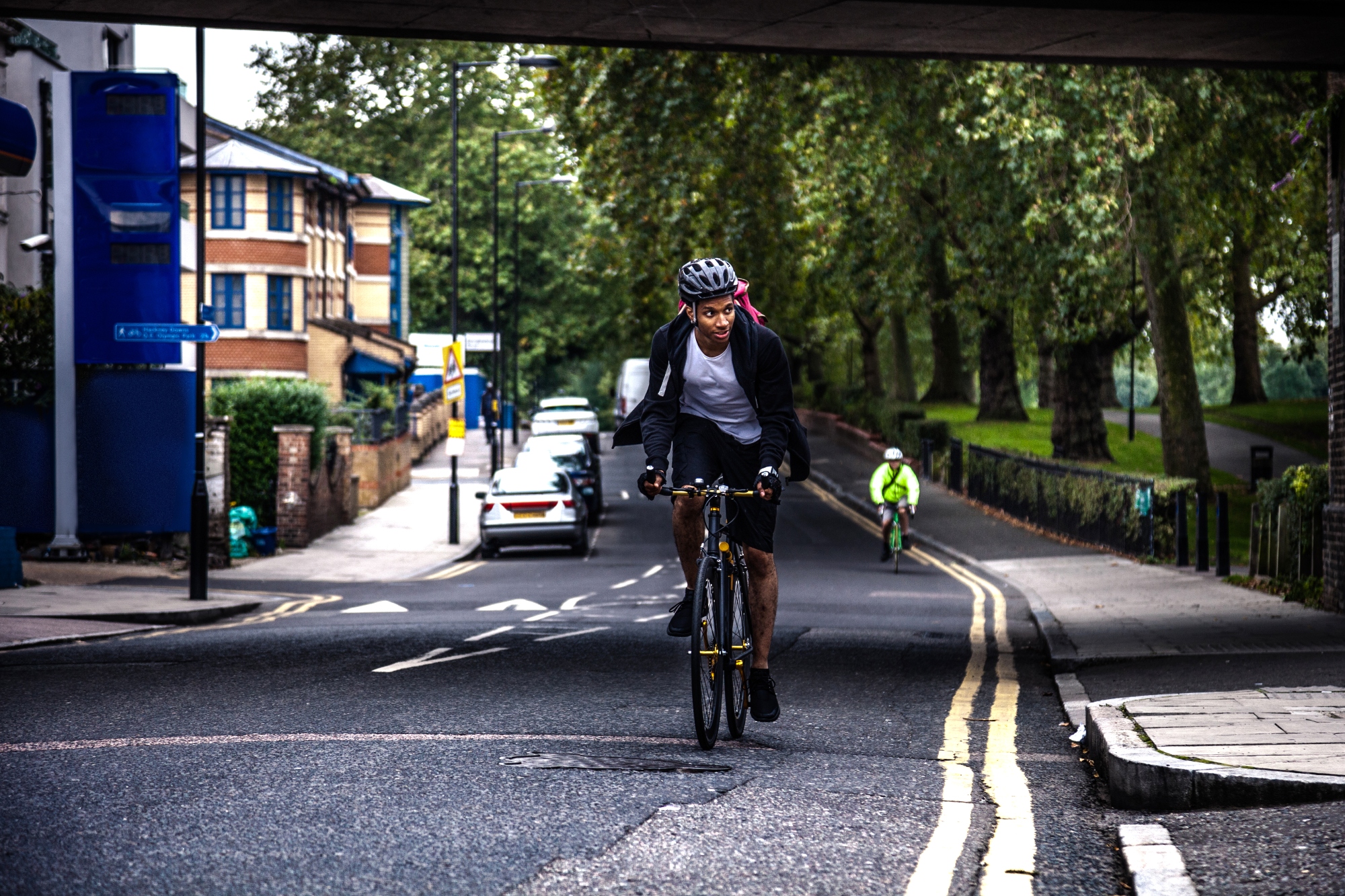Cycle to Work scheme should be available to lower earners and self-employed, chancellor told
An open letter suggests low earners in the UK shouldn't be excluded from accessing the Cycle to Work scheme

Cycling groups and businesses have called for the UK government to reform the Cycle to Work Scheme in a letter addressed to Chancellor of the Exchequer, Rishi Sunak.
The Cycle to Work scheme allows people to buy bikes tax free, and use them for commuting to work. However, it is currently unavailable to self-employed people and people earning - or earning close to - the minimum wage.
The letter suggests the rise in the cost of living means that those on lower earnings are more in need than ever before, and that travel is an essential living cost where cheaper alternatives need to be sought. Therefore, making the Cycle to Work scheme accessible for everyone will help address part of the cost of living rise.
The letter says: “The least well paid in our communities are feeling the effects of soaring inflation to a greater extent than those on higher wages, with the rising cost of commuting only adding to their concern.
“They often have no option to do their job from home and are forced to commute to a place of work. The Cycle to Work scheme has the potential to open up equitable access to cycling and provide a cost-effective solution for many workers within this group. The scheme is a proven mechanism at getting more people cycling, and we believe those on the lowest incomes should benefit too.”
The letter has been signed by representatives from the national charity for cyclists Cycling UK, the national federation British Cycling, the Cycle to Work Alliance, as well as business representatives from the likes of The Co-Op Group, the Federation of Small Businesses and The Association of Independent Professionals and Self-Employed.
Introduced by the government in 1999, more than one million people have used the Cycle to Work scheme, which is aimed at promoting healthier journeys to work while also reducing environmental pollution.
Get The Leadout Newsletter
The latest race content, interviews, features, reviews and expert buying guides, direct to your inbox!
The scheme works with employers loaning bikes and safety equipment to employees as a tax-free benefit paid for in installments, saving between 25 and 40 percent. However, as previously stated, it is currently unavailable to low earners and those who are self-employed.
This is because people can't sign up if salary contributions take them below the minimum wage, despite the long-term saving effect it might have. This, in the eyes of the cycling groups and businesses, isn't fair on those who are the most in need of saving money.
As well as highlighting the need to support lower earners during the close of living crisis, the letter also suggested that allowing the Cycle to Work scheme to be available to more people would help to meet emissions targets.
"In line with the government’s commitment in Gear Change to promote cycling, enabling as many journeys as possible to be made by active transport whilst mitigating against a car-led recovery from the pandemic has to be a priority," it said.

Thank you for reading 20 articles this month* Join now for unlimited access
Enjoy your first month for just £1 / $1 / €1
*Read 5 free articles per month without a subscription

Join now for unlimited access
Try first month for just £1 / $1 / €1
Ryan is a staff writer for Cycling Weekly, having joined the team in September 2021. He first joined Future in December 2020, working across FourFourTwo, Golf Monthly, Rugby World and Advnture's websites, before making his way to cycling. After graduating from Cardiff University with a degree in Journalism and Communications, Ryan earned a NCTJ qualification to further develop as a writer.
-
 FDJ-Suez, SD Worx-Protime, Lidl-Trek confirmed for Tour of Britain Women as strong list of teams announced
FDJ-Suez, SD Worx-Protime, Lidl-Trek confirmed for Tour of Britain Women as strong list of teams announced18 teams set to take part in four-day WorldTour stage race
By Tom Thewlis
-
 Cyclists could face life sentences for killing pedestrians if new law passed in England and Wales
Cyclists could face life sentences for killing pedestrians if new law passed in England and WalesReckless cycling currently carries a maximum two-year jail term
By Tom Thewlis